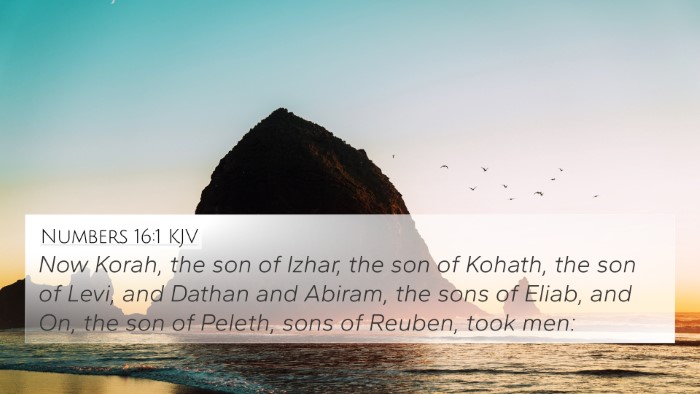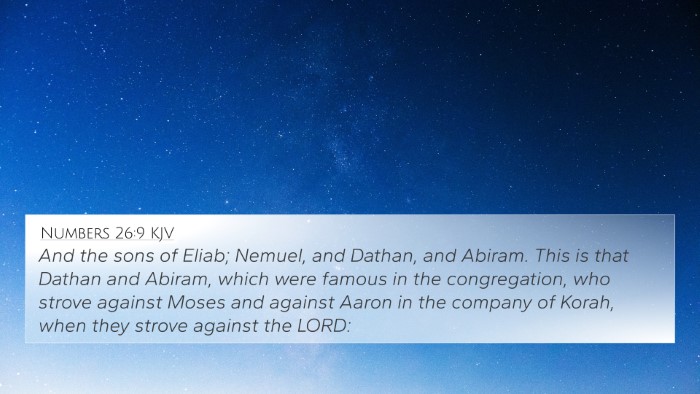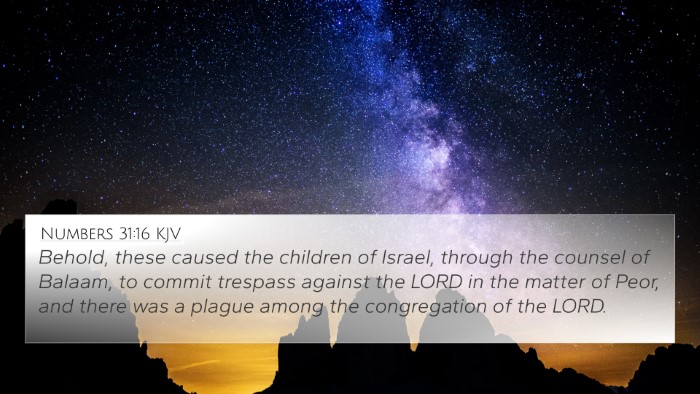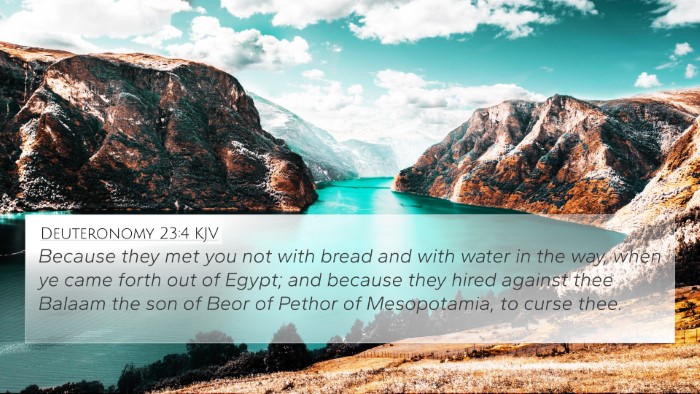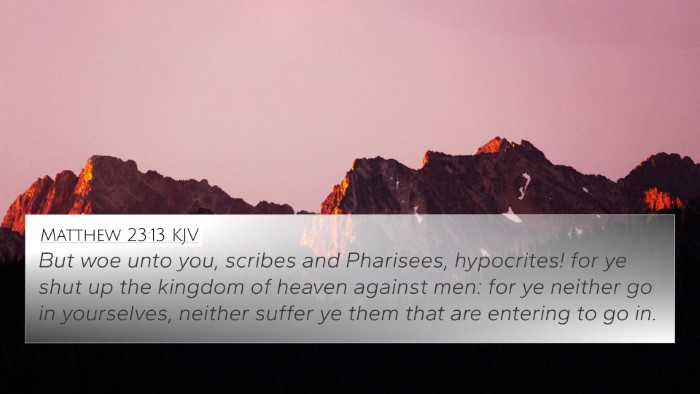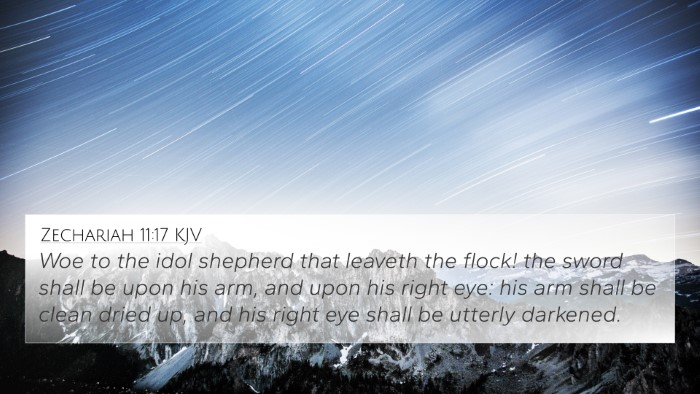Understanding Jude 1:11
Jude 1:11 states, "Woe to them! For they have gone in the way of Cain, and ran greedily after the error of Balaam for reward, and perished in the gainsaying of Core." This verse warns against the grievous errors of several figures from the Old Testament, focusing on the consequences of their actions.
Context and Significance
This passage forms part of Jude's broader warning to the early Christian community regarding false teachers and their destructive paths. It references key biblical figures to illustrate moral failings and the results of deviating from God's truth.
Key Figures Mentioned
- Cain: Represents jealousy and murder, showcasing a rejection of divine acceptance.
- Balaam: Embodies greed and false prophecy, offering wisdom tainted by personal gain.
- Core (Korah): A symbol of rebellion against divinely appointed authority, resulting in severe judgment.
Insights from Commentaries
Matthew Henry: Emphasizes that Jude uses these examples to demonstrate the dangers of departing from the truth. The "way of Cain" refers to those who cultivate envy and lead others astray, while Balaam illustrates the spiritual danger of loving riches over righteousness.
Albert Barnes: Points out the severe consequences facing those who, like Korah, oppose God’s authority. Barnes suggests that Jude's message serves as a dire warning to believers to remain vigilant against the temptations of greed and rebellion.
Adam Clarke: Comments on the themes of desire and judgment, noting that Jude’s comparison of these three figures provides rich insights into the moral decline stemming from disobedience. Clarke argues that by understanding the actions of Cain, Balaam, and Korah, believers can better appreciate the importance of faithfulness.
Cross-References to Jude 1:11
- Genesis 4:8: The story of Cain’s jealousy and murder of Abel.
- Numbers 22:7: Balaam's willingness to prophesy for reward.
- Numbers 16:1-3: Korah’s rebellion against Moses and Aaron.
- 1 John 3:12: Warning against the spirit of Cain.
- Revelation 2:14: Reference to the teachings of Balaam, leading to idolatry.
- 2 Peter 2:15: Mention of Balaam’s error as a caution against following greed.
- Hebrews 11:4: Acknowledgment of Abel’s faith in contrast to Cain’s actions.
- Proverbs 14:12: Warnings against paths that seem right but lead to death, a principle reflected in Jude’s assertions.
- Matthew 7:15-20: The teaching about false prophets, echoing Jude’s concerns.
- Exodus 6:1-13: God’s chosen leaders and the perils of rebellion against them, connected to Korah’s story.
Thematic Connections
The themes inherent in Jude 1:11 resonate across various biblical texts, highlighting:
- Consequences of Jealousy: As illustrated by Cain's actions and their repercussions.
- Greed and False Teaching: Balaam’s desire for wealth warns against prioritizing material pursuits over divine obedience.
- Rebellion: Korah’s insurrection serves as a stern reminder of the dangers of defiance against divinely appointed leaders.
Applying the Insights
Understanding Jude 1:11 through the lens of these commentaries and cross-references aids believers in comprehending the broader implications of moral integrity and the perils of straying from faith. It encourages critical self-examination and fosters an awareness of how scripture is interwoven.
Tools for Cross-Referencing
For those interested in exploring cross-references further, consider utilizing:
- Bible Concordance: A useful resource for finding specific terms and related verses.
- Cross-Reference Bible Study: Methods that allow for in-depth thematic analysis across scripture.
- Bible Reference Resources: Guides that aid in understanding connections between verses.
Conclusion
In summary, Jude 1:11 serves as a powerful exhortation against false teachings and the moral failures evidenced by figures like Cain, Balaam, and Korah. By examining the interconnections between biblical texts, believers can deepen their understanding and remain steadfast in their faith.








